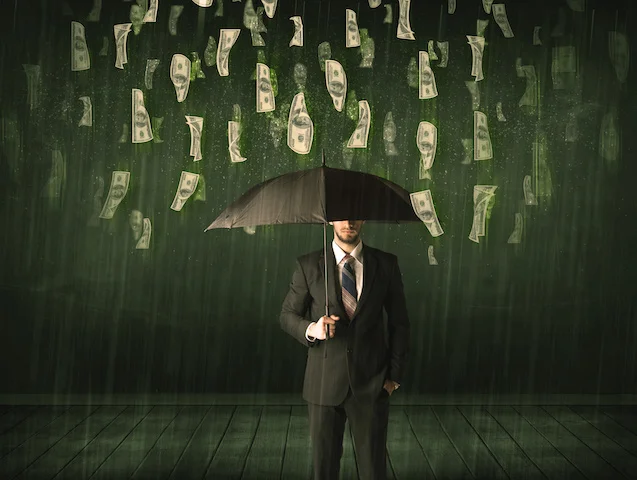
Filing for Chapter 7 bankruptcy is a major life decision. At one time, it was considered an indication of failure. Times have changed. Millions of people have filed for bankruptcy in recent years, whether after a divorce, a medical emergency, or job loss. Many people have questions about how filing Chapter 7 will affect credit. Thankfully, after filing for bankruptcy, your credit is not permanently ruined. In fact, you can begin the process of rebuilding credit immediately after the bankruptcy is completed.
How Chapter 7 Bankruptcy Impacts Your Credit
When you file for Chapter 7 bankruptcy, your unsecured consumer debt is discharged — you no longer are responsible for many types of debt, including:
- Credit card debt
- Medical bills
- Unsecured personal loans
- Overdue utility and phone bills
The good news is that you have the opportunity to get a fresh financial start, without the stress of creditors chasing you. Your credit report will reflect that you filed for bankruptcy for up to ten years. However, credit scoring companies take several factors into account when calculating scores, such as your payment history and outstanding debt. Although bankruptcy does lower your score, many people who file chapter 7 already have a low score, due to late payments, charge-offs or other problems. The fact that your financial scene has significantly improved after filing bankruptcy can be helpful for those in this situation.
After filing bankruptcy, it will be more difficult to get low-interest credit cards, car loans, mortgages, or other types of credit. You can get a secured credit card that allows you to begin the process of rebuilding your credit. If you carefully manage your payments, with no overdue payments, it is surprising how quickly the scene can improve.
There are lenders that specialize in helping consumers who have filed bankruptcy, and you can expect a barrage of offers for secured cards or special types of loans. Be careful about what you choose, as these generally have high interest rates, and you are likely to be better served by starting out with a secured credit card that you use and pay off every month.
Recovering From Chapter 7 Bankruptcy
Chapter 7 bankruptcy will not ruin your credit score for life. You can begin recovering from bankruptcy right away by taking these steps:
- Get a copy of your credit report. It may be painful to look at (or even understand), but you need to make sure that there are no errors, and that all discharged debt has been properly taken off the report.
- Get a credit card, and use it carefully. Your aim is to show lenders that you are now a trustworthy borrower. Most importantly, pay it off in full every month.
- Get a gas card or retail card. This is a good option if you are unable to get a credit card, as these cards are usually available to people with lower credit scores. Using your credit carefully, and paying it off monthly, will slowly improve your credit score.
- Make sure to make payments on any debts that were not discharged in bankruptcy (such as student loans) on time. The silver lining is that by making timely payments, your credit score will continue to rise.
If your finances have reached a point where you feel like you are out of options, contact us at Access Law Group. We can assist you through the process of filing bankruptcy, and help you get the fresh start you deserve.


Comments
There are no comments for this post. Be the first and Add your Comment below.
Leave a Comment